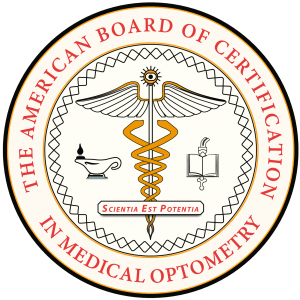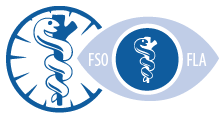
Procedures
LipiFlow
Edmonds Eye, MD has an advanced dry eye speciality clinic and we will coordinate care with your primary eye care doctor.
An estimated 86% of the 100 million dry eye sufferers worldwide have evaporative dry eye, which stems from a deficiency in the oily lipid layer of the tear film. This lipid deficiency is most commonly due to blockages in the Meibomian glands, a condition called Meibomian Gland Dysfunction (MGD). Over several years this chronic, progressive condition can cause blocked Meibomian glands to atrophy and “drop out,” thereby increasing symptoms and the
likelihood of other ocular complications.
LipiFlow works by applying localized heat and pressure to the affected glands of patients suffering from chronic cystic conditions of the eyelids, including Meibomian Gland Dysfunction. Unlike traditional dry-eye treatments (warm compresses, artificial tears, ointments), LipiFlow treats the root cause by unblocking obstructed meibomian glands. Studies show that the benefits of LipiFlow can last up to three years; with patients who continue to use traditional treatment methods after Lipiflow, it may last even longer.
What To Expect
In a randomized, multi-center, controlled clinical trial, 86% of patients treated with LipiFlow reported an improvement in overall dry eye symptoms. With slight modifications in treatment protocol since that study, reports are now closer to 95%. In a multi-center study, one treatment of LipiFlow was shown to significantly improve contact lens wear time and on average roughly doubled the amount of time patients could successfully wear contact lenses. Another large multicenter study showed one treatment of LipiFlow was more effective than one year of daily warm compresses at both improving gland function and dry eye symptoms. While treatment always works to remove blockages in the Meibomian glands, improvement in symptoms varies from person to person.
LipiFlow may be done on one eye or both eyes simultaneously and can be repeated as needed. LipiFlow may not be recommended for patients with a history of ocular surgery, ocular injury, severe ocular inflammation or ocular herpes of the eye or eyelids within 3 months, active ocular infection, or an ocular surface abnormality that may compromise corneal integrity.
LipiFlow is not covered by insurance and is an out-of-pocket expense.








